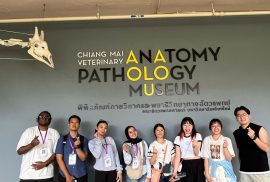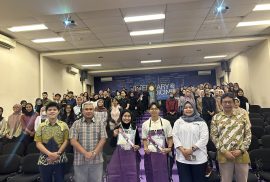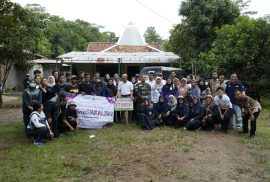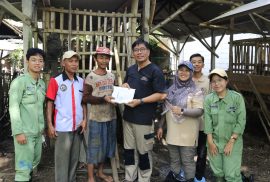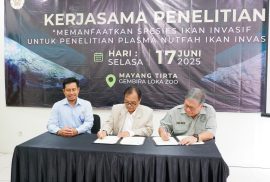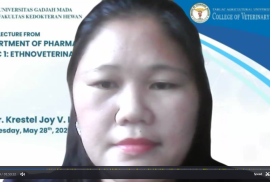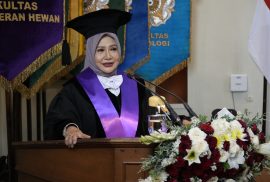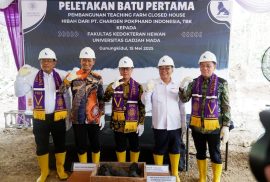The 79th Anniversary of the Faculty of Veterinary Medicine UGM Began with Yogyakarta Andong Festival

On Thursday, August 14th, 2025, the 79th anniversary series of the Faculty of Veterinary Medicine, Universitas Gadjah Mada (FVM UGM) officially started. The series kicked



